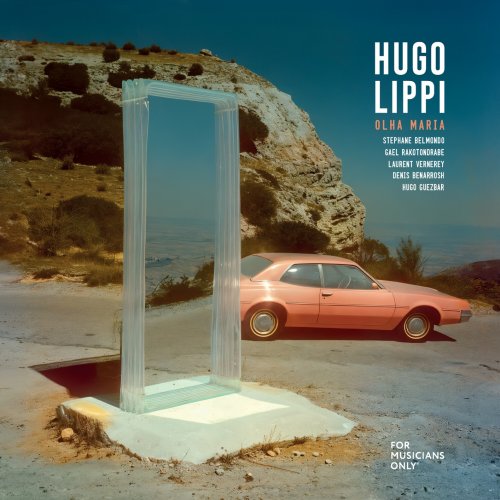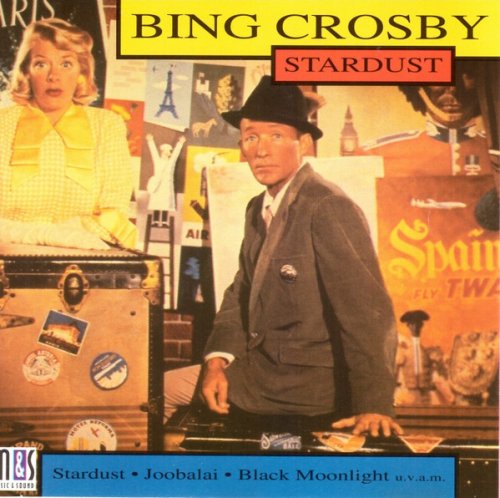Filippo Tenisci - Franz Liszt: Reimagining Wagner II, Piano Paraphrases and Transcriptions (2024)
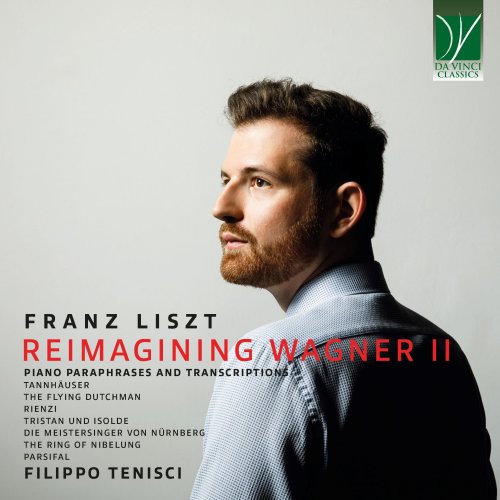
Artist: Filippo Tenisci
Title: Franz Liszt: Reimagining Wagner II, Piano Paraphrases and Transcriptions
Year Of Release: 2024
Label: Da Vinci Classics
Genre: Classical Piano
Quality: flac lossless (tracks)
Total Time: 01:09:07
Total Size: 202 mb
WebSite: Album Preview
TracklistTitle: Franz Liszt: Reimagining Wagner II, Piano Paraphrases and Transcriptions
Year Of Release: 2024
Label: Da Vinci Classics
Genre: Classical Piano
Quality: flac lossless (tracks)
Total Time: 01:09:07
Total Size: 202 mb
WebSite: Album Preview
01. Ouvertüre zu Tannhäuser, S. 442
02. Ballade from Wagner's opera 'The Flying Dutchman', S. 441
03. Phantasiestück über Motive aus 'Rienzi', S. 439
04. Tristan und Isolde - Liebestod, S. 447
05. Am Stillen Herd, S. 448 (Based on Die Meistersinger von Nürnberg)
06. Walhall aus Der Ring des Nibelungen, S. 449
07. Feierlicher Marsch zum heiligen Gral aus Parsifal, S. 450
08. Am Grabe Richard Wagners, S. 202 (Version for Piano Solo)
This is the second episode of a profound experience, in which art and life mingle together.
It is still FilippoTenisci and we recognise him, but at the same time we see clear evidence of growths, development and depth. Without giving way to the superfluous and redundant, everything remains true, direct, essential, but more profound, more intense and more experienced.
Perhaps there is a reason for this. The trip to Bayreuth made a few months before recording this CD, was a true ‘pilgrimage of the soul’ thanks to the prestigious scholarship awarded to Tenisci by the Bayreuther Stipendienstiftung, which provided him the opportunity to go deeper into the musical score which, through Liszt, takes him directly to the heart of Richard Wagner.
Following the CD’s tracks, the Overtüre zu Tannhäuser opens with a full sound, and confident approach, supported by dazzling technique, powerful agility and virstuoso passages. In constrast, the delicate, precise and expressive tremolos and the meticulous and accurate use of the pedal create a masterful balance. The Lisztian score is increasingly pianistic, emphasising the polyphonic and layered aspect of the work without in anyway missing the full orchestra. The ascending and descending cascades of notes are tamed with poetic precision, in constant and discerning command of both the details and the whole. It is as if the performer constantly has one ear inside and one ear outside the sound. The tension of the opening of the Ballade aus Der Fliegenden Holländer, the eloquent moments of silence, and dark and heavy sonorities alternating with silvery passages, lead to the actual opening of the Ballade, in which the romantic and delicate theme crosses paths with the initial violence, until it takes on the form of a heady study. Lisztian construction is in significant sections, like real communicative phrases, each effective in its own way, exploiting the principle of contrast in all its facets: dynamic, stylistic and intense. The rich sonority of the final coda is totally convincing.
In the Phantasiestücke über Motive aus Rienzi “Holy Spirit Knight” all the heroism and historical weight of the subject are rendered by Liszt with a mighty and noble treatment of the instrument, which Tenisci enhances in every nuance, for an all-round result, even in the central March, which is never banal and this could have been a risk with those repeated chords. It is necessary to approach a masterpiece like Isolden’s Liebestod the very essence and heart of the CD, extremely carefully. Liszt loses none of the incalculable poetry of the original delirious Wagnerian scene, right down to the present celestial rarification of the protagonist, where the piano is lost among the stars. The finale is quite simply perfect, thanks to the excellent control of the overall balance and the skilful, gradual leading up to the powerful climax. A fine interpretation, which both shocks and pacifies at the same time. The piece Am Stillen Herd, from the Meistersinger is of incredible modernity with that almost early 20th century style. A very sweet, delicate and passionate music, which Tenisci interprets with deep expressive consciousness, never exaggerating, to then lose itself in the indefinite and watery mists of the next piece (Walhall), from which the famous luminous theme emerges, calling upon all the colours of the to evoke, in a grandiose and positive picture. The sombre attack of the Feierlicher Marsch zum heiligen Gral aus Parsifal demands full control, with no half-measures or shadowy moments: from thick darkness we must arrive at the whitest and purest light in almost twelve minutes of gradual, apparently imperceptible crescendo. It is perhaps here that the interpreter’s evolution, his inner growth, is most noticeable; here his journey through Wagnerian places brings him closer to the essence of the Maestro’s artistic thought and gives us a long moving, moment of spiritual communion: the listener, through the pianist’s art, receives Liszt’s notes taken from Wagner. The miracle is that none of these passages loses anything along the way: paradoxically, on the contrary, they are added, charged and embellished with meaning, elegance and value. It was not easy to find an ending for this journey.
The choice of Am Grabe Richard Wagners (‘On the Tomb of Richard Wagner’) is brilliant. This is a severe intimate, and sorrowful meditation (in which, in the last bars, the very theme of the bells from Parsifal, which we just heard, resounds). The atmosphere is surreal: soft sonorities, almost dreamlike reminiscences that Liszt dedicates to his friend, who is always revered. A dutiful and thoughtful homage, in which the notes seem like tiny murmurs brief words whispered in the ear: it is as if we were there, too. We can see Liszt, troubled and bent over that tomb, paying his last respects.
And these same sentiments animate the entire work of Filippo Tenisci, who, with composed but very evident emotion, completes an ambitious and daring fresco, fully hitting the target: at the end of the CD, track after track, transcendental technique joins with absolute poetry, which leaves us admiring and captivated.
“Understanding comes to us through love” wrote Richard Wagner, and it is precisely the performer’s love for the Leipzig genius that makes every single note his own, rendering this CD not only an extremely valuable artistic product, but also a true, full and total testimony of love at its highest meaning.
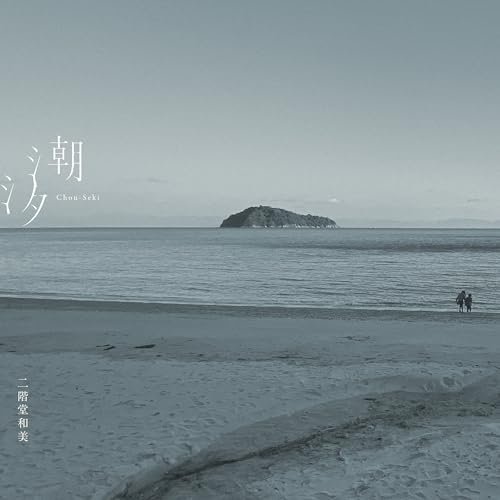
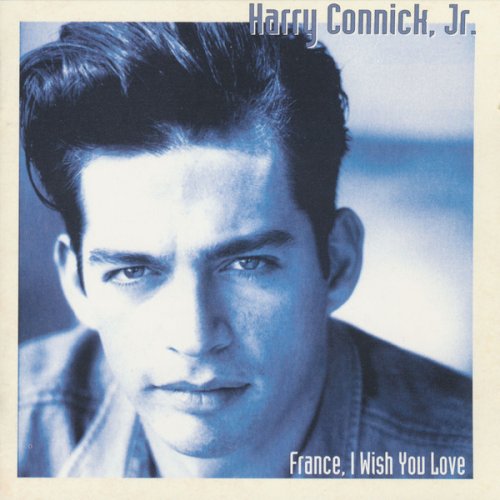
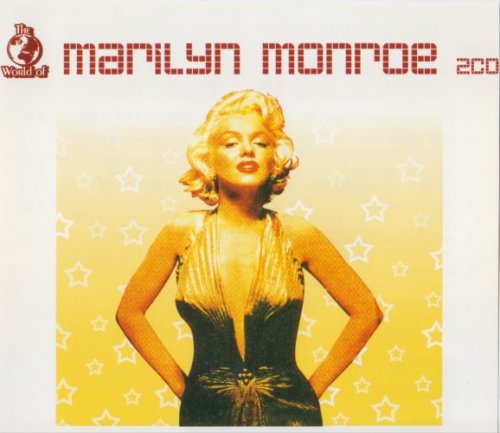
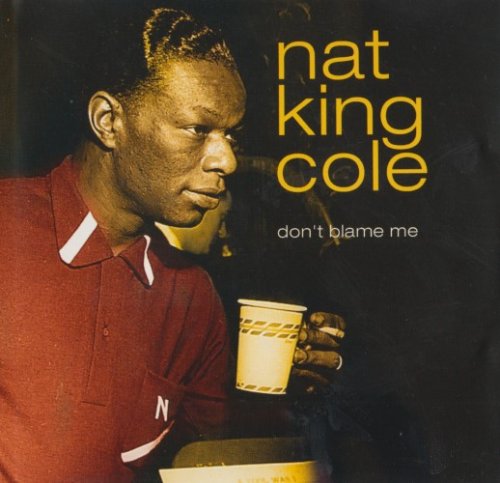
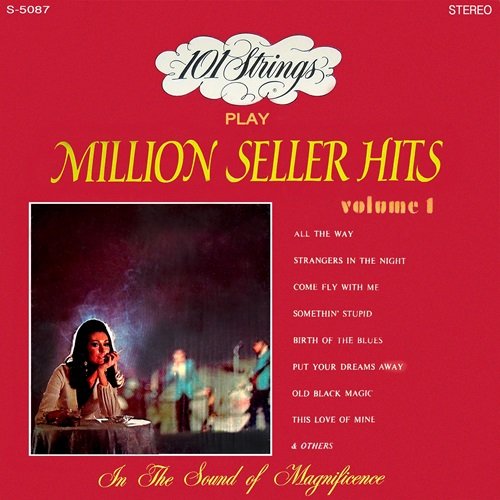
![Jako Quartet - Everything In Between (2026) [Hi-Res] Jako Quartet - Everything In Between (2026) [Hi-Res]](https://www.dibpic.com/uploads/posts/2026-01/1769150300_pl5ncgjd7l0dc_600.jpg)
![Grupo Um - Nineteen Seventy Seven (2026) [Hi-Res] Grupo Um - Nineteen Seventy Seven (2026) [Hi-Res]](https://img.israbox.com/img/2026-01/22/8m4pvrh4dbl83xevfa3kh6jh8.jpg)
